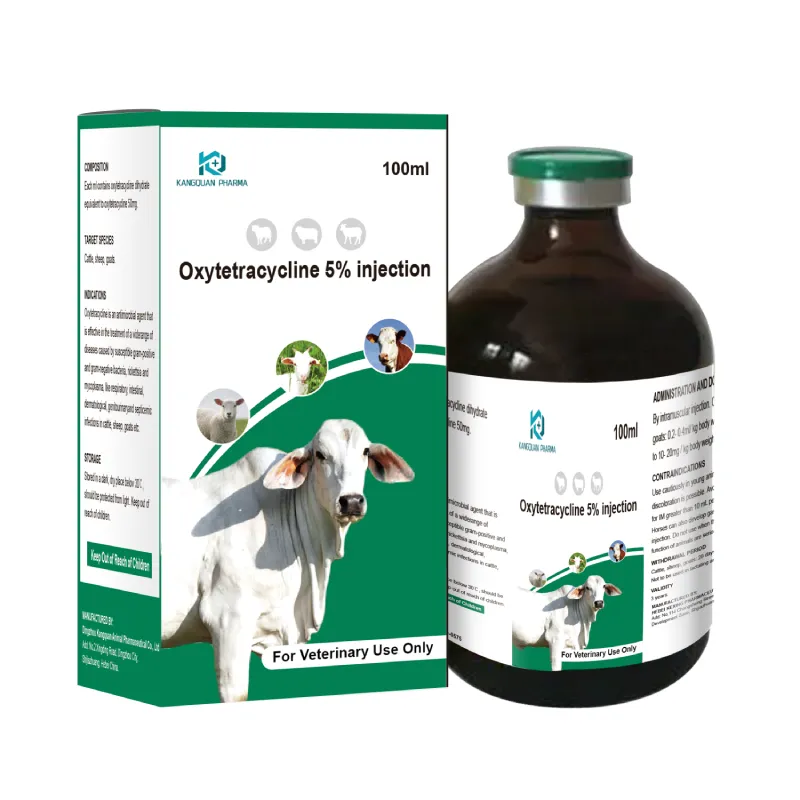- Afrikaans
- Albanian
- Amharic
- Arabic
- Armenian
- Azerbaijani
- Basque
- Belarusian
- Bengali
- Bosnian
- Bulgarian
- Catalan
- Cebuano
- Corsican
- Croatian
- Czech
- Danish
- Dutch
- English
- Esperanto
- Estonian
- Finnish
- French
- Frisian
- Galician
- Georgian
- German
- Greek
- Gujarati
- Haitian Creole
- hausa
- hawaiian
- Hebrew
- Hindi
- Miao
- Hungarian
- Icelandic
- igbo
- Indonesian
- irish
- Italian
- Japanese
- Javanese
- Kannada
- kazakh
- Khmer
- Rwandese
- Korean
- Kurdish
- Kyrgyz
- Lao
- Latin
- Latvian
- Lithuanian
- Luxembourgish
- Macedonian
- Malgashi
- Malay
- Malayalam
- Maltese
- Maori
- Marathi
- Mongolian
- Myanmar
- Nepali
- Norwegian
- Norwegian
- Occitan
- Pashto
- Persian
- Polish
- Portuguese
- Punjabi
- Romanian
- Russian
- Samoan
- Scottish Gaelic
- Serbian
- Sesotho
- Shona
- Sindhi
- Sinhala
- Slovak
- Slovenian
- Somali
- Spanish
- Sundanese
- Swahili
- Swedish
- Tagalog
- Tajik
- Tamil
- Tatar
- Telugu
- Thai
- Turkish
- Turkmen
- Ukrainian
- Urdu
- Uighur
- Uzbek
- Vietnamese
- Welsh
- Bantu
- Yiddish
- Yoruba
- Zulu
Nov . 27, 2024 14:26 Back to list
Doxycycline Hyclate Side Effects and Symptoms to Be Aware Of
Understanding Doxycycline Hyclate and Its Associated Symptoms
Doxycycline hyclate is a broad-spectrum antibiotic that belongs to the tetracycline class. It is commonly prescribed to treat various bacterial infections, including respiratory tract infections, urinary tract infections, and certain skin infections, as well as conditions such as acne and rosacea. Additionally, it is effective against certain parasitic infections and is also used as a prophylactic treatment for malaria in some cases. While doxycycline hyclate is generally well-tolerated, it can cause side effects and symptoms that patients should be aware of before starting the medication.
Common Side Effects of Doxycycline Hyclate
Despite its effectiveness, doxycycline hyclate can lead to a range of side effects, some of which may be mild while others could be more severe. Common side effects include
1. Gastrointestinal Issues Many patients experience gastrointestinal symptoms such as nausea, vomiting, diarrhea, or abdominal pain. These symptoms may occur especially when the medication is taken without food or when the dosage is increased.
2. Photosensitivity One notable side effect of doxycycline is photosensitivity. This means that the skin may become more sensitive to sunlight, leading to an increased risk of sunburn. Patients are often advised to use sunscreen, wear protective clothing, and limit sun exposure while taking the medication.
3. Allergic Reactions Although rare, some individuals may experience allergic reactions to doxycycline, which can manifest as skin rash, itching, swelling, or difficulty breathing. It is crucial to seek immediate medical attention if any signs of a serious allergic reaction occur.
4. Esophageal Irritation Doxycycline can sometimes irritate the lining of the esophagus, leading to symptoms such as pain while swallowing or a burning sensation in the chest. To mitigate this risk, it is recommended to take doxycycline with a full glass of water and remain upright for at least 30 minutes afterwards.
Less Common but Serious Symptoms
doxycycline hyclate symptoms

While many side effects are manageable, some can lead to more significant health concerns
. For instance1. Intracranial Hypertension In rare cases, doxycycline can lead to increased pressure in the brain, known as intracranial hypertension. Symptoms may include severe headaches, blurred vision, or dizziness. If any of these symptoms are experienced, immediate medical attention is warranted.
2. Changes in Skin Color Prolonged use of doxycycline has been associated with changes in skin pigmentation. Some individuals may notice darkening of the skin or allergic reactions characterized by red or itchy patches.
3. Superinfection Antibiotics can disrupt the natural balance of bacteria in the body, leading to superinfections such as candidiasis (thrush) or Clostridium difficile infection, which causes severe diarrhea and gastrointestinal distress.
Precautions and Considerations
Before starting doxycycline hyclate, it is essential for individuals to inform their healthcare provider about any existing medical conditions, allergies, or medications they are currently taking. Pregnant or breastfeeding women should also discuss the risks, as tetracycline antibiotics can affect fetal development and breast milk.
It is important for patients to adhere to the prescribed dosing regimen, as skipping doses can lead to antibiotic resistance or treatment failure. Additionally, individuals should not share their medication with others, even if symptoms appear similar, as this can contribute to the spread of resistant bacteria.
Conclusion
Doxycycline hyclate is a valuable medication in the treatment of various bacterial infections, yet it is not without potential side effects. Patients should be informed about common and serious symptoms associated with its use to ensure safe and effective treatment. Communication with healthcare providers is vital to manage any adverse effects and to make informed decisions regarding antibiotic therapy. As with any medication, weighing the benefits against the risks will aid in achieving the best possible health outcomes.
-
Guide to Oxytetracycline Injection
NewsMar.27,2025
-
Guide to Colistin Sulphate
NewsMar.27,2025
-
Gentamicin Sulfate: Uses, Price, And Key Information
NewsMar.27,2025
-
Enrofloxacin Injection: Uses, Price, And Supplier Information
NewsMar.27,2025
-
Dexamethasone Sodium Phosphate Injection: Uses, Price, And Key Information
NewsMar.27,2025
-
Albendazole Tablet: Uses, Dosage, Cost, And Key Information
NewsMar.27,2025













